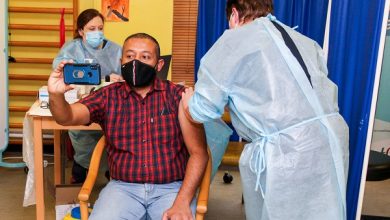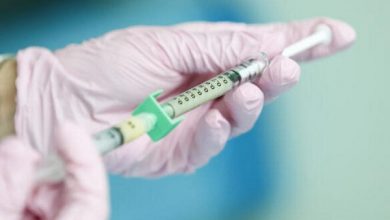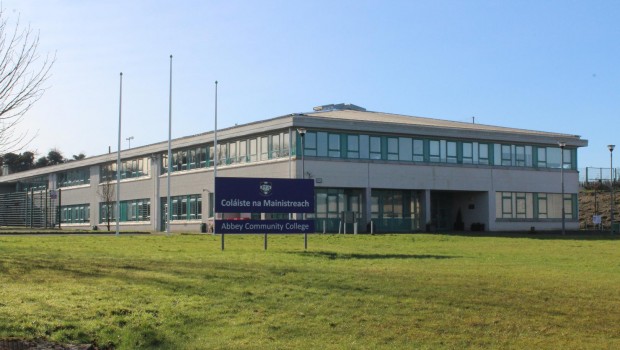HSE issue advice following meningitis deaths
The HSE has confirmed that it is investigating four cases of meningococcal meningitis/septicaemia reported in the last week of September; 3 cases are confirmed and one is possible. Three of the cases are reported to be caused by serogroup B. Sadly, two of the people affected have died.
The cases were reported from different regions of the country and have no known links with each other. Three of the cases are young adults and one case is less than 10 years of age.
Close contacts are being identified by public health and will be provided with antibiotics to prevent infection and will also be offered vaccine if appropriate.
Meningitis is a serious illness involving inflammation of the membranes covering the brain and spinal cord. It can be caused by a variety of different germs, mainly bacterial and viruses. Bacterial meningitis, such as in these cases, is less common but usually more serious than viral meningitis and requires urgent treatment with antibiotics. Bacterial meningitis may be accompanied by septicaemia (blood poisoning). The bacteria live naturally in the nose and throat of normal healthy persons without causing illness. The spread of the bacteria is caused by droplets from the nose and mouth. The illness occurs most frequently in young children and adolescents, usually as isolated cases. Bacterial meningitis or septicaemia requires urgent antibiotic treatment.
Signs and symptoms of meningitis and septicaemia
Meningitis and septicaemia often happen together. Symptoms can appear in any order. Some may not appear at all.
Early symptoms can include:
- Fever
- Headache
- Neck stiffness
- Vomiting
- Drowsiness
- Discomfort from bright light
- Diarrhoea
- Muscle pain
- Stomach cramps
- Fever with cold hands and feet
A rash may appear (pin-prick type marks which if untreated can spread to form bruises or blood blisters). DO NOT WAIT FOR A RASH. If someone is ill and getting worse, get medical help immediately.
The HSE advises that if anyone has any concerns they should contact their GP in the first instance but ensure that medical expertise is sought quickly.
The HSE is closely monitoring the situation.
Vaccination:
Meningococcal B disease is prevented by vaccination. The MenB vaccine was introduced in Ireland for all children born on or after 1 October 2016 because children under one year are at the highest risk of meningococcal B disease. All children are offered MenB vaccine at 2 and 4 months of age with a booster dose of MenB vaccine given at 12 months.





